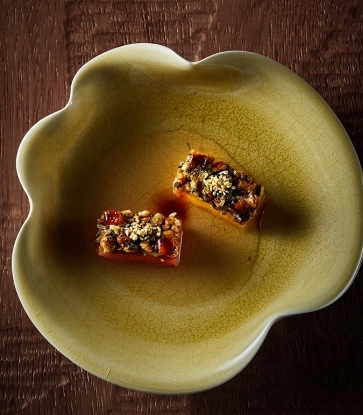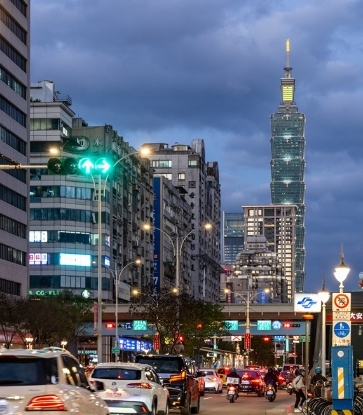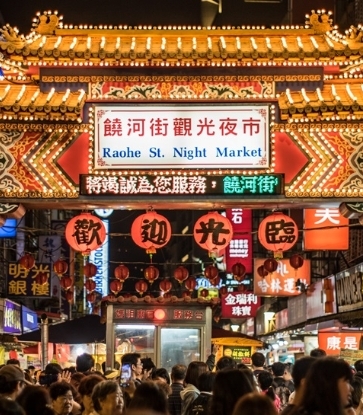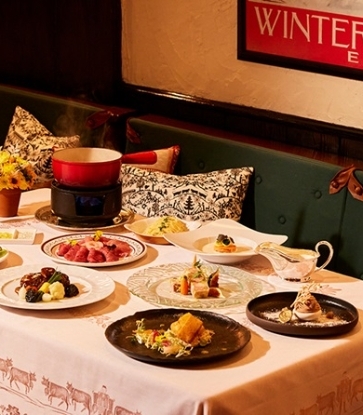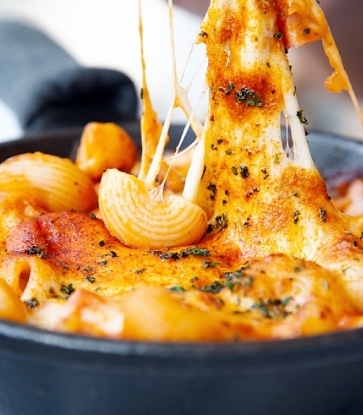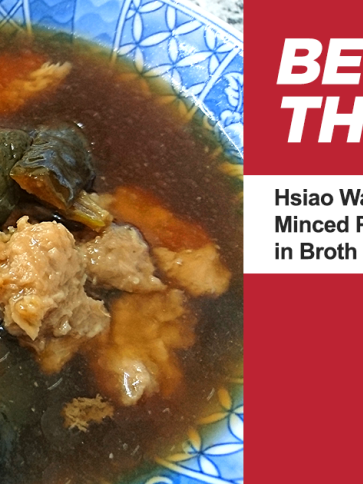“Fresh milk gets contaminated very easily. At soon as the temperature reaches 10°C , the bacteria inside will multiply quickly,” she says. As the first supplier of fresh Italian-style cheese in Taiwan, she takes care of her products as tenderly as a mother tends to her child. To her, freshness and good taste to her are paramount. No small detail is overlooked every time she sends off a batch of products.
Before Chen decided to entrust her produce with a cold chain logistics company, she personally undertook the transportation responsibility. On the days when she made cheese, she would drive a refrigerated vehicle to go from Twatutia, Taipei, to Taoyuan and back, taking a 100kg of fresh milk all by herself.
At 7am, the cheese workshop gets moving. The milk goes through pasteurisation once it arrives at the shop. As it gets chilled, lactobacillus and rennet are added. The process of rottura is crucial. This procedure is usually performed by the most experienced cheesemaker to separate the curd from the whey. Timing and fineness are everything in curdling. The texture of the cheese could go horribly wrong if it was done incorrectly.
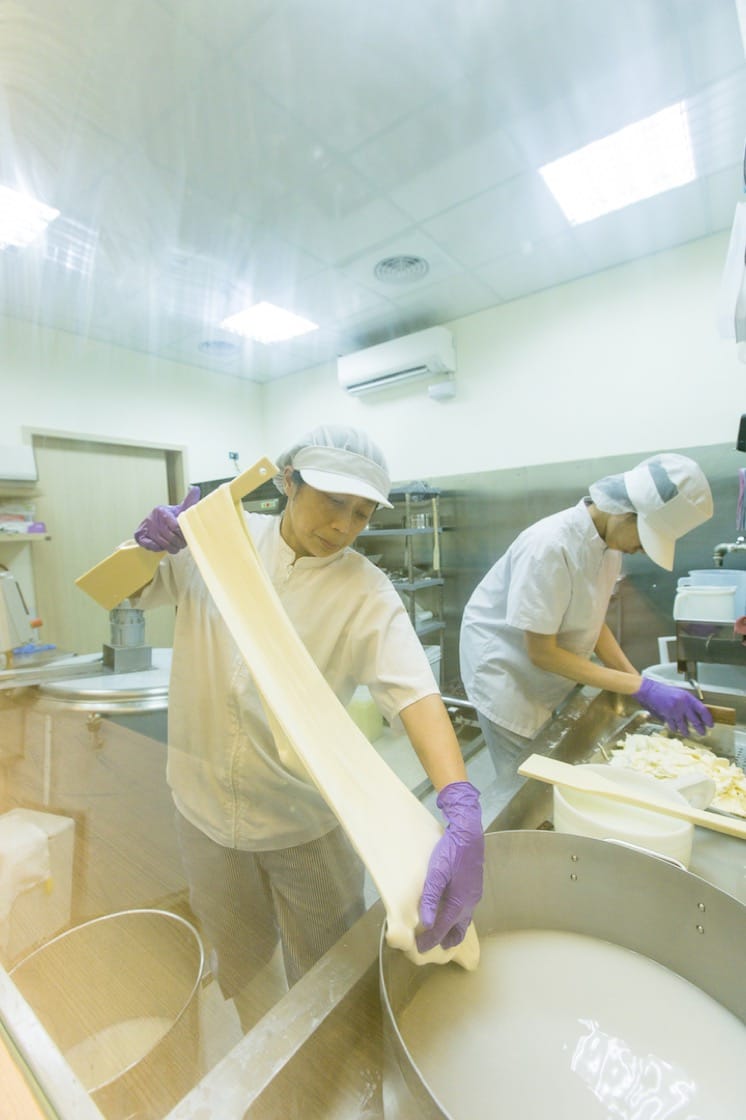
Working for more than 12 hours a day, Chen jokingly declares herself “more like a cleaning lady than the romantic artisanal woman in many people’s imagination”. There are only six to seven square metres of space between the glass window at the entrance and her workshop, delineated by a bar table. Within this tiny space, Chen is constantly fighting against time and temperature to ensure freshness.
Among the 10 or so types of cheeses produced here, every one of them is a favourite of certain Italian chefs and local gourmets in the city. It’s not an exaggeration to view Lab Man Mano as the birthplace of fresh Italian-style cheeses in Taiwan, with Chen being the mother doing all the hard work to bring them to life.

Chen, who used to make a comfortable living in the media industry, started from ground zero in cheesemaking at 40 years old.
She was inspired by an online video, in which she saw how mozzarella was shaped in hot water and became deeply intrigued by it. Then she discovered burrata and fell even more deeply in love with this creamy sibling of mozzarella.
This propelled her go to Japan and Italy to learn the techniques of making the cheeses. Her painstaking shokunin-style training in Japan couldn’t be more different than her time in laidback Italy. Regardless of the hardships, she was determined to learn the production process of the complicated burrata.
“Taste is the most important attribute in food,” she notes. Although money and profitability are major factors of consideration, she doesn’t waver from quality, “If you do what other people do, it will come down to a war of price in the end and nothing more.”
That’s why Chen put a snail on the logo of Lab Man Mano. She is insistent that the “human waits for food”, not the other way round. To recreate the original cheesemaking environment, she found an importer to buy some equipment, and carried the rest herself from Japan and Italy. She even wanted to import a specific breed of cattle and have a farm raise it for her.
Her next step is even more ambitious: she wishes to build a system of HACCP (Hazard Analysis and Critical Control Points) to monitor food safety, combining the Italian and Japanese working procedures. Another plan is to introduce a “cheese sommelier” course. To Chen, the boundary of her passion for cheese doesn’t seem to exist.
In the eyes of this strong-willed cheese artisan, all her “kids” have a bright future on the dining table. It’s also in her mission to bring Taiwanese food culture on par with Japan’s.

“Burrata is so originally Italian and it’s perfect for beginners. It is silky and pairs well with cuisines from various countries, moldable and easily acceptable by Taiwanese people. Aged caciocavallo works very well beside meat dishes or roasted vegetables with its deep aromas. Many people fall in love with this cheese which is underrated even in Italy,” Chen says.
At Lab Man Mano, she serves burrata with mango. Her ricotta ice cream employs smoked cheese to strike a unique balance of sweetness, milkiness and smokiness. Even mozzarella gets a Taiwanese spin, complemented by millet wine to surprise the customers.
Does she feel partial to a type of cheese? Just like how a mother with many kids would say, she proclaims they are all her babies and loves them equally.
At the end, Chen has one more secret to share: “Do you know lightly charring the surface of burrata with a blow-torch would give you a similar taste to a sole fish skirt nigiri?”







